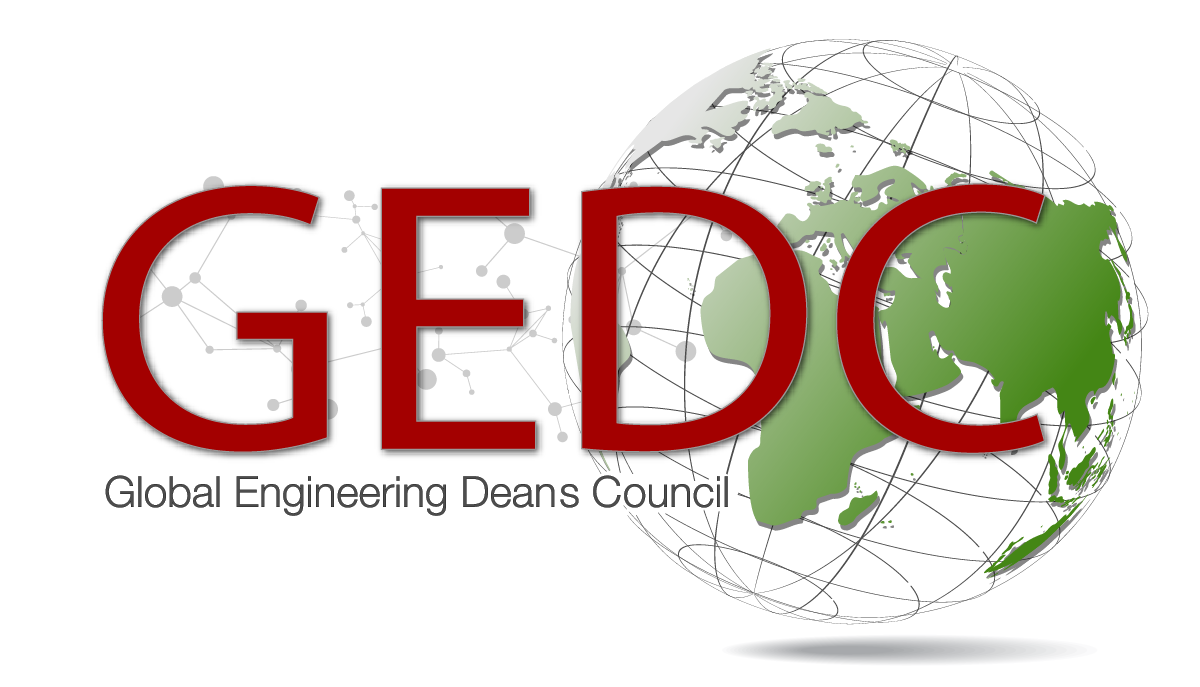Digital Credentials gain an increasing interest for several reasons such as student mobility. However, credentials are per se not fraud-free. Therefore, the project “Digitale Bildungsnachweise für Hochschulen” (DiBiHo- in English: “Digital Credentials for Higher Education Institutions”) was launched to explore a trusted, distributed, and internationally interoperable infrastructure standard for issuing, storing, presenting, and verifying digital academic credentials in a national and international context. As part of the BMBF-funded research project DiBiHo with its partners TUM, HPI and DAAD are researching in the field of digital credentials. Similar to OpenBadges, digital proofs of education (digital credentials) are a topic of increasing importance. Not only for student mobility but also for subsequent processes at the processing level, for example, when verifying and displaying curricula. Based on the whitepaper “Building the digital credential infrastructure for the future” (2020) of the Digital Credentials Consortium (DCC), a proof of concept (PoC) for various use cases at German universities is being created in the project. Thus, the project aims to define goals in digital credentials for German Higher Education Institutions independent of specific service providers or vendors. Further promising potential can be seen in Gamification, Awareness, and Micro-Credentials.
Presenter

Dr. Matthias Gottlieb is Senior Research Associate at the Technical University of Munich (TUM), Germany. He is Deputy Editor-in-Chief of the International Journal of Engineering Pedagogy (iJEP) and reviewer of numerous journals and conferences. In addition, he has been a visiting researcher at several universities, most recently at the Massachusetts Institute of Technology (Boston, MA, USA). Furthermore, he is a member of various decision-making committees and steering committees. After studying computer science, he engaged in Information Systems research areas such as Big Data and Human Computer Interaction. His current research interests are digitization of business processes, business development, digital transformation, and digital credentials of higher education institutions.

